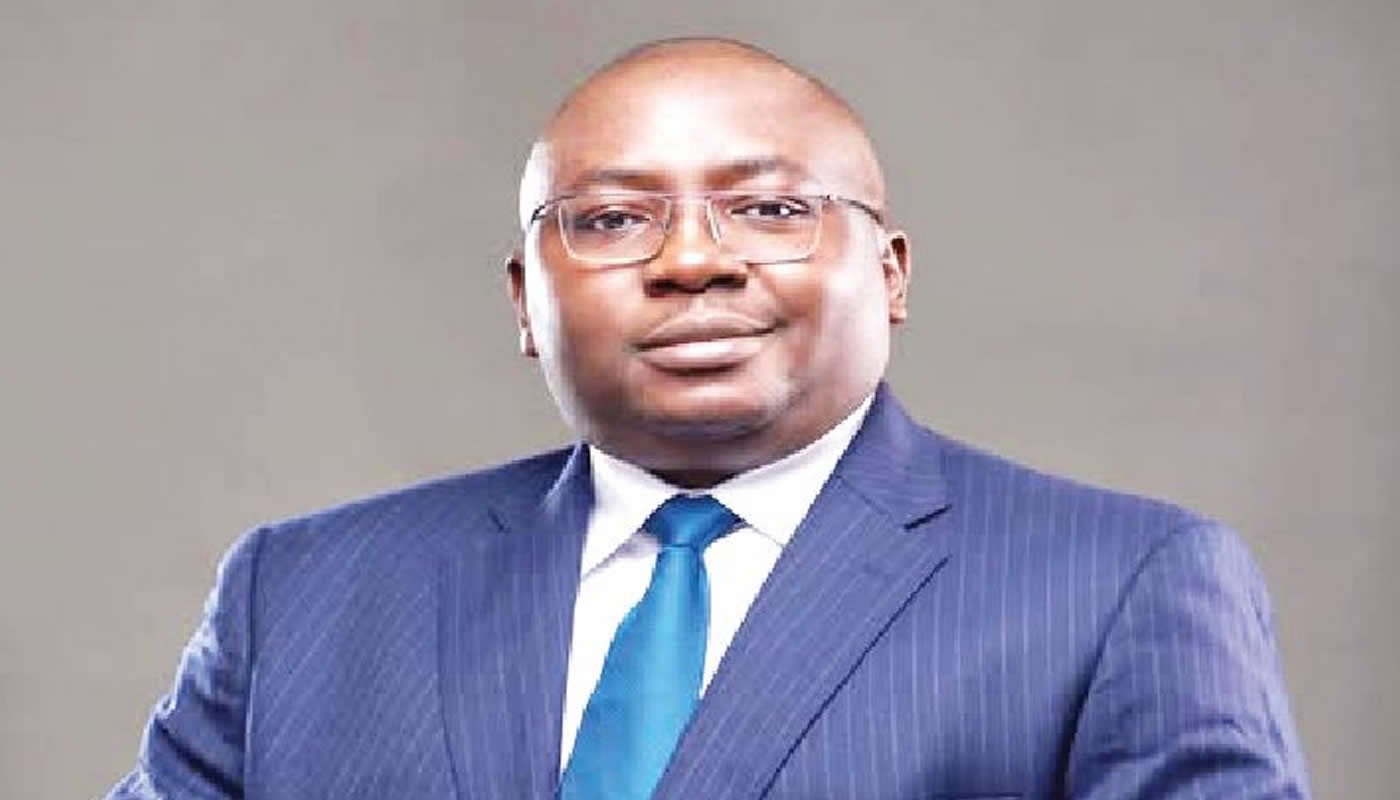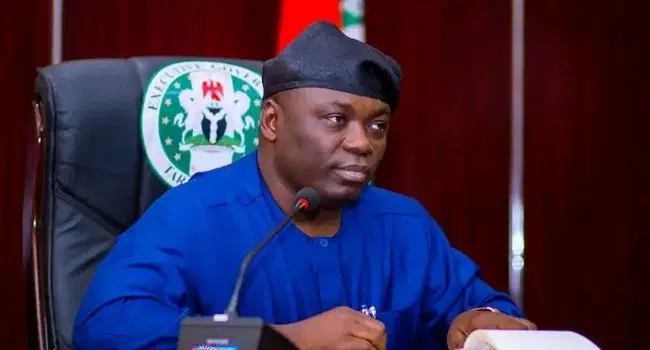The federal government is putting the 36 states under pressure to take over power generation, transmission, and distribution after apparently becoming overwhelmed by the nation’s power problems.
According to the Federal Government, this is the only way to address the nation’s electricity crisis.
This was stated by Adebayo Adelabu, the Minister of Power, during the Nigeria Energy Leadership Summit in Lagos on Tuesday.
The power sector appears to have resisted every attempt by succeeding governments to clean up the sector, despite a number of initiatives to provide electricity to Nigerians.
Speaking at the conference, Adelabu stated that the Electricity Act was signed by President Bola Tinubu’s administration in 2023 because the Federal Government knew that electricity centralization would never work for Nigeria.
Regarding legislation, the Electricity Act 2023’s passage continues to be a significant turning point. It’s the trailblazer, sincerely.
It offers the Nigerian energy supply sector a strong foundation for governance and regulation.
The Act devolves regulatory powers to the states, enables subnational markets, promotes competition, and empowers private participation across the value chain.
“The impact of this legislation includes decentralisation and liberalisation. A country as big as Nigeria, with almost a million square kilometres of landmass, over 200 million people, millions of businesses, thousands of institutions (health and educational institutions), 36 states plus the Federal Capital Territory, and 774 local governments—centralisation cannot work for us.
The responsibility of providing stable electricity can never be left in the hands of the Federal Government.
“At the centre, you cannot, from Abuja, guarantee stable power across the country. So this is one thing that the Act has achieved—decentralisation. That has now allowed all the states or the subnationals to play in all segments of the power sector value chain—generation, transmission, distribution, and even service industries supporting the power sector,” he stated.
Presently, Adelabu said the Federal Government was pursuing a comprehensive agenda to reposition the power sector for sustainability, efficiency, and growth.
“This approach spans critical pillars, which include legislation, policy reforms, infrastructure development, energy transition, asset expansion, local content, and capacity development. each designed to address structural challenges, unlock private capital, and enhance service delivery across the electricity value chain, to achieve functional, reliable, affordable electricity throughout Nigeria to power our households, our businesses, our offices, our institutions, and our industries, thereby improving the economic prosperity of our people,” he noted.
The minister maintained that the private sector must get involved if the nation is serious about having a reliable power sector.


